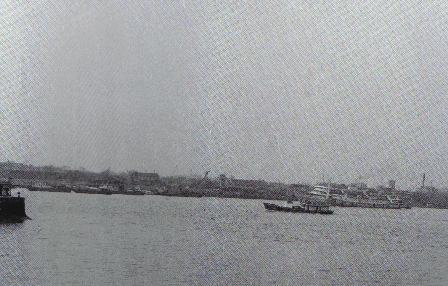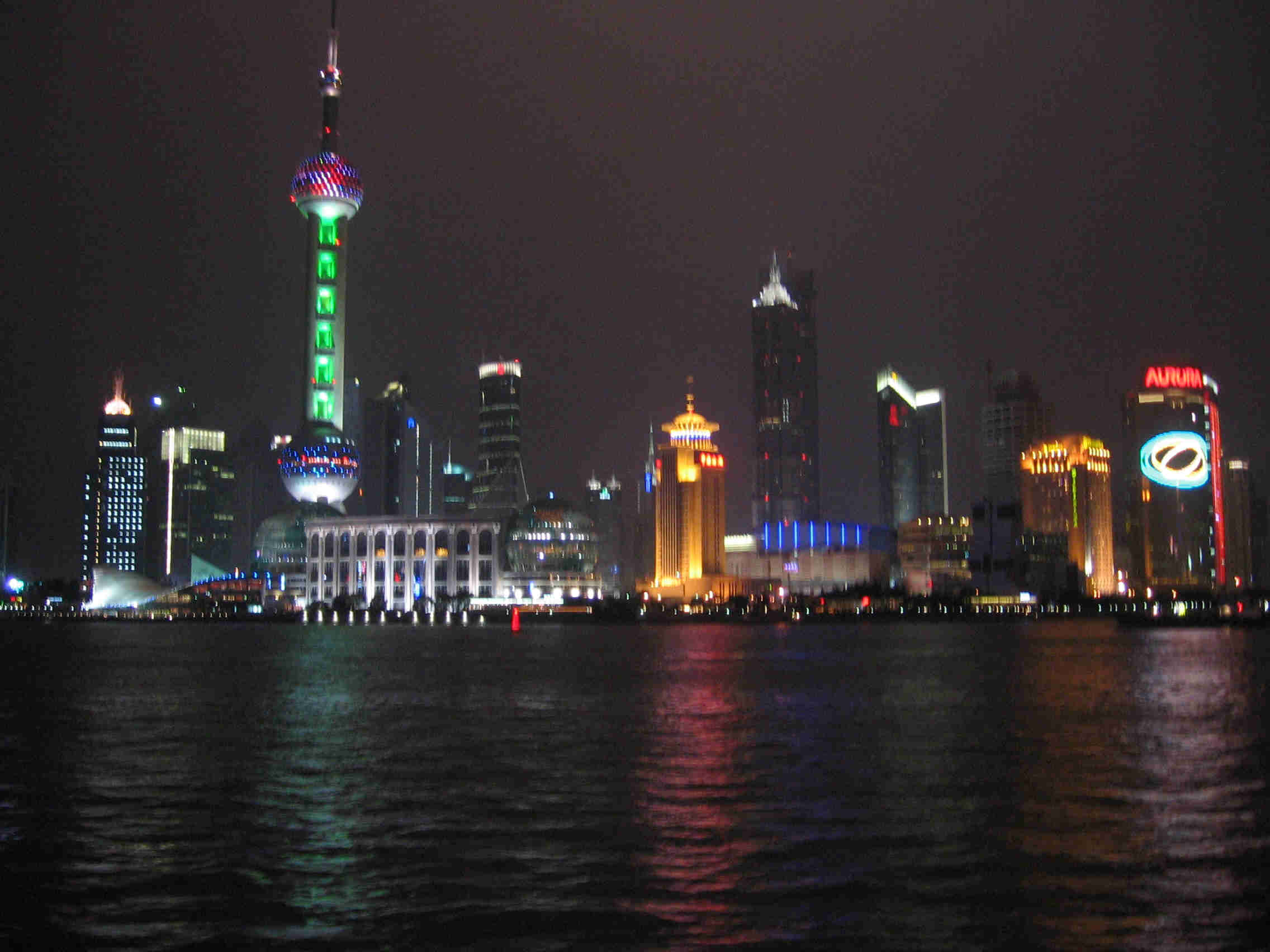Historical Background
Part I of 4
 |
| Shanghai (Pudong) 1987. |
 |
| Shanghai (same location as top photo) 2007 |
Shortly after coming to power in 1978, Deng Xiaoping initiated a series of reforms in China that stood as a stark repudiation of the Marxist ideology of the previous decades. If his exhortation "to get rich is glorious" seems incongruous with classical communism, his statement "some will get rich faster than others" leaves no doubt about his break with communism's utopian dream of economic equality. Although Deng did not dismantle the political power of the Chinese Communist Party, his reforms would set modern China on a course of unprecedented economic development.
Notes:
[1] World Bank Estimate. In 1981 the Central Committee of the Chinese Communist
Party admitted as much.
After naming a few accomplishments of the period, it
went on to say that "none of these successes can be attributed
in any way
to the Cultural Revolution, without which we would have scored far greater
achievements for our cause."
Cited in Edwin E. Moise, Modern China: A History,
New York: Longman, p. 213.

